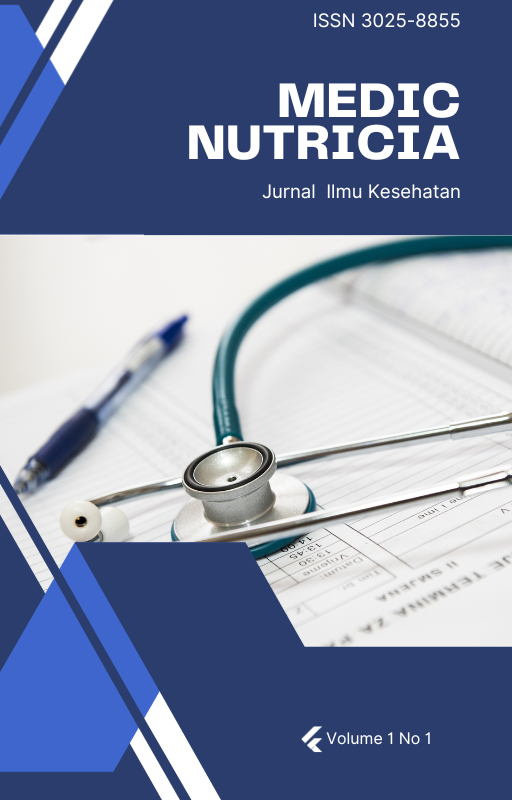TINJAUAN REGULASI DAN PRAKTIK TERBAIK DALAM PENGELOLAAN LIMBAH FARMASI DI INDONESIA
Main Article Content
Abstract
Pharmaceutical waste is a type of hazardous and toxic waste (B3) that can have a significant impact on the environment and human health if not managed properly. In Indonesia, the increasing production and consumption of medicines, both from the industrial sector and health care facilities, has increased the potential for pharmaceutical waste to arise. However, not all parties understand the importance of managing pharmaceutical waste safely, responsibly, and in accordance with regulations. This study uses a qualitative approach method. This study uses a literature study with relevant data sources according to information related to regulatory reviews and best practices in pharmaceutical waste management in Indonesia by conducting a literature search from various trusted sources such as scientific journals, books, articles, and related websites. Based on the results of a review of several journals, it was found that regulatory reviews and best practices in pharmaceutical waste management generally cover several important aspects, namely the existence of policies or regulations related to pharmaceutical waste, the availability of medical waste management facilities, procedures for handling disease vectors, and the competence of human resources involved in managing the waste.
